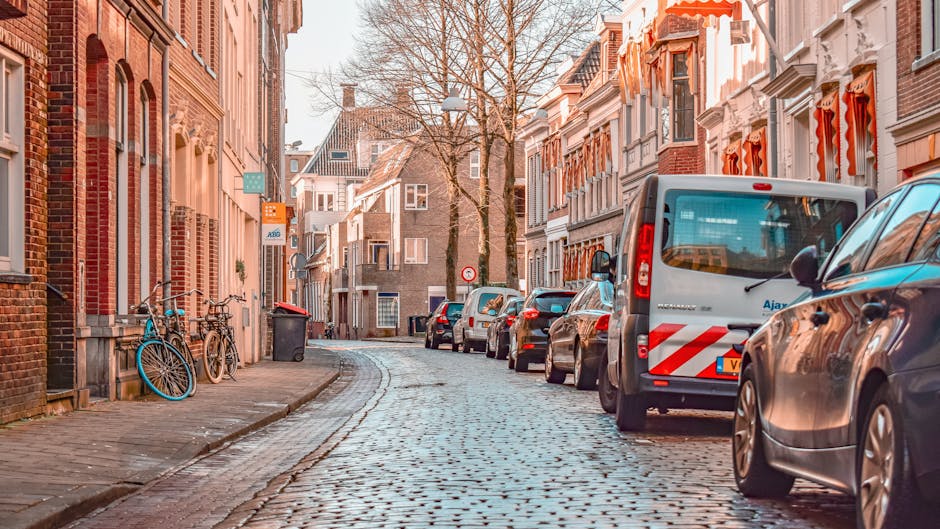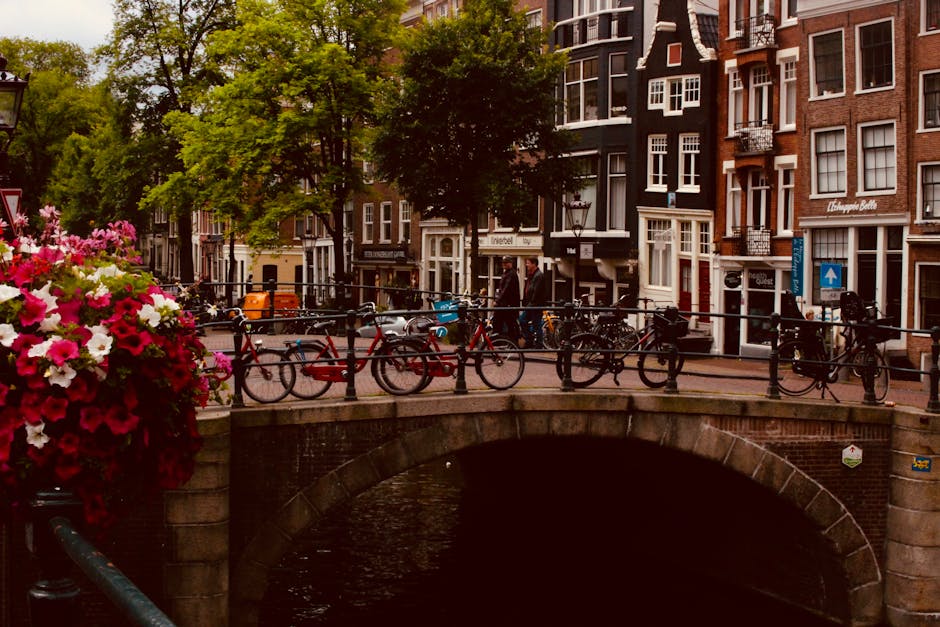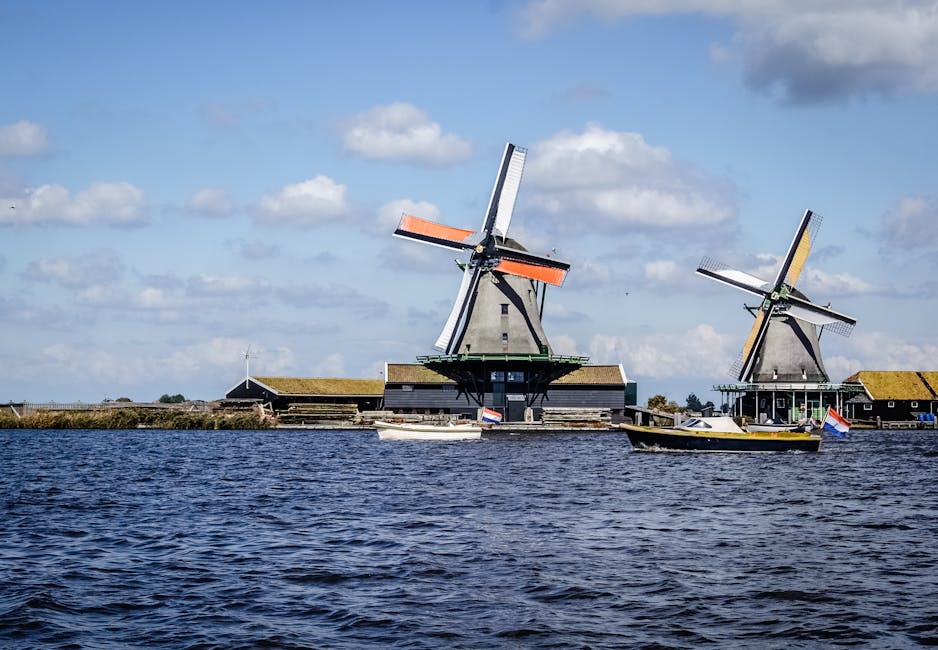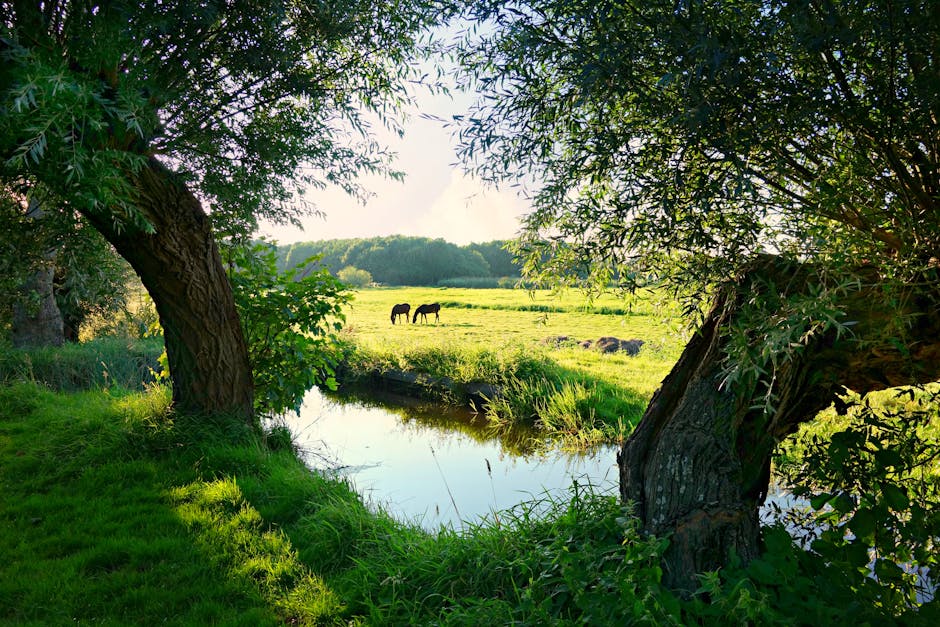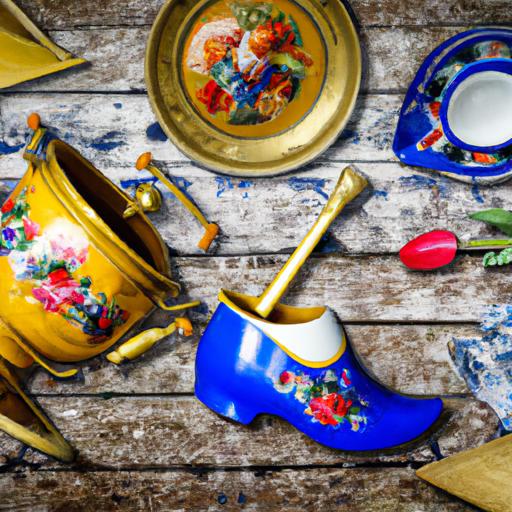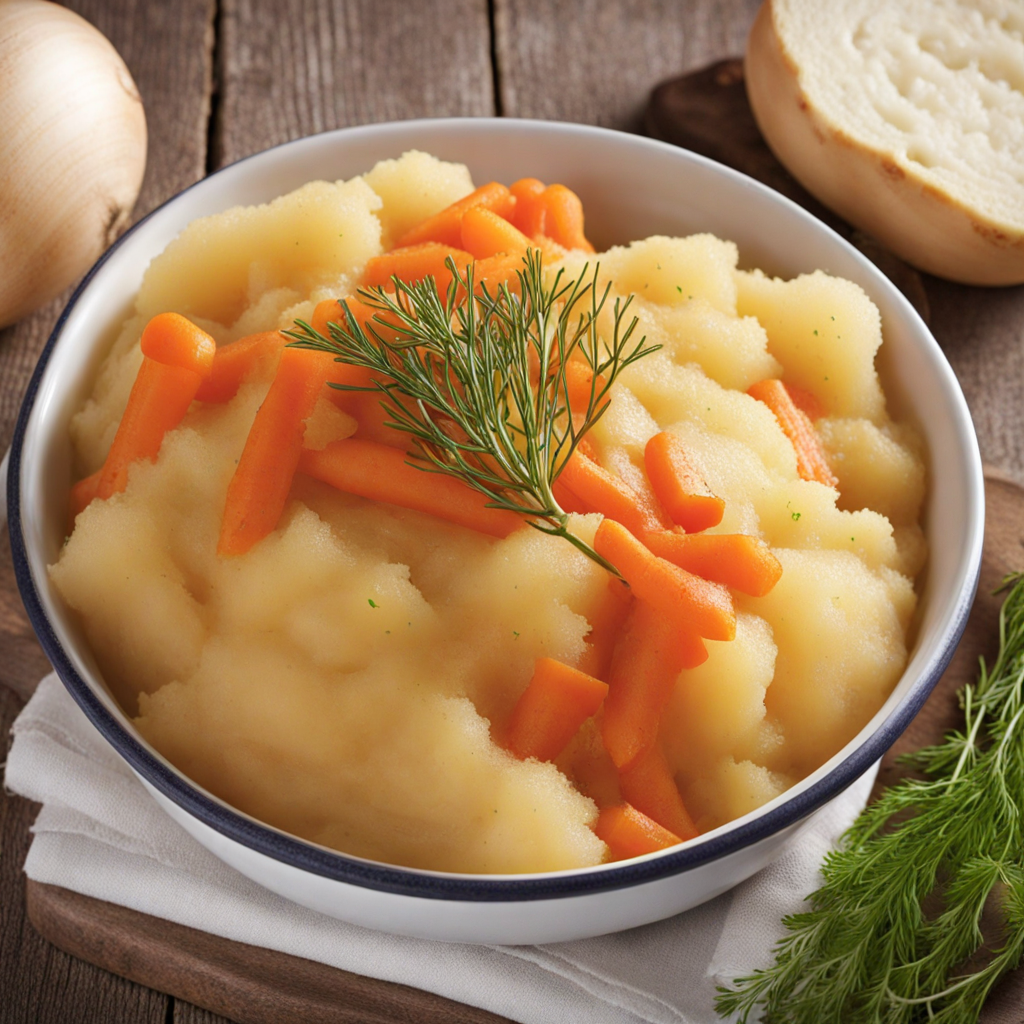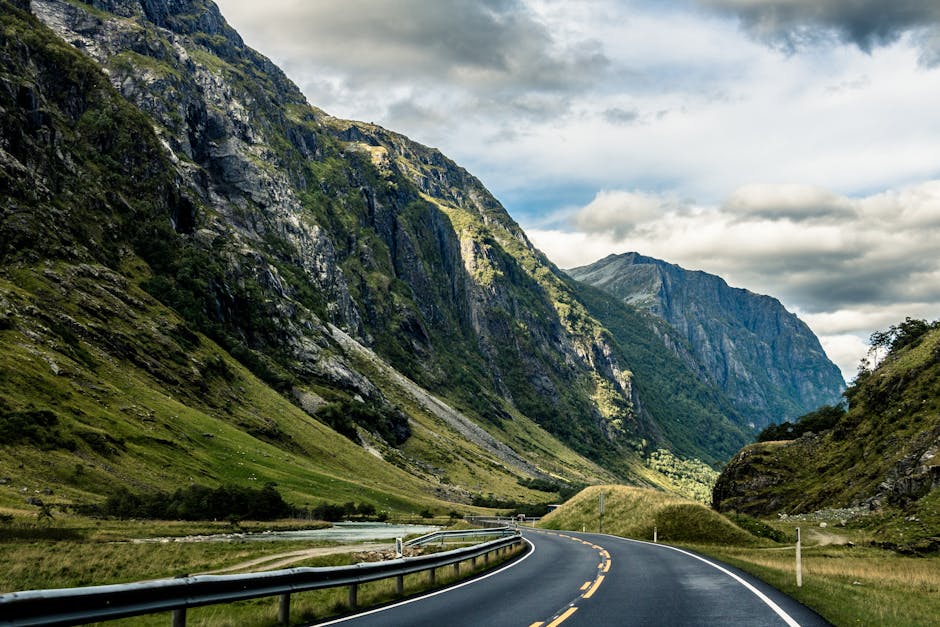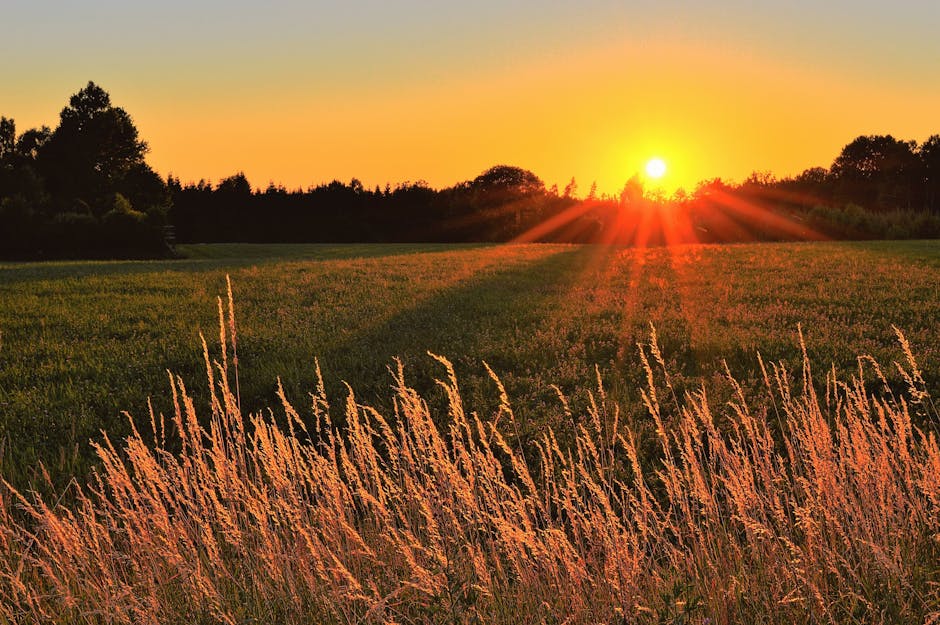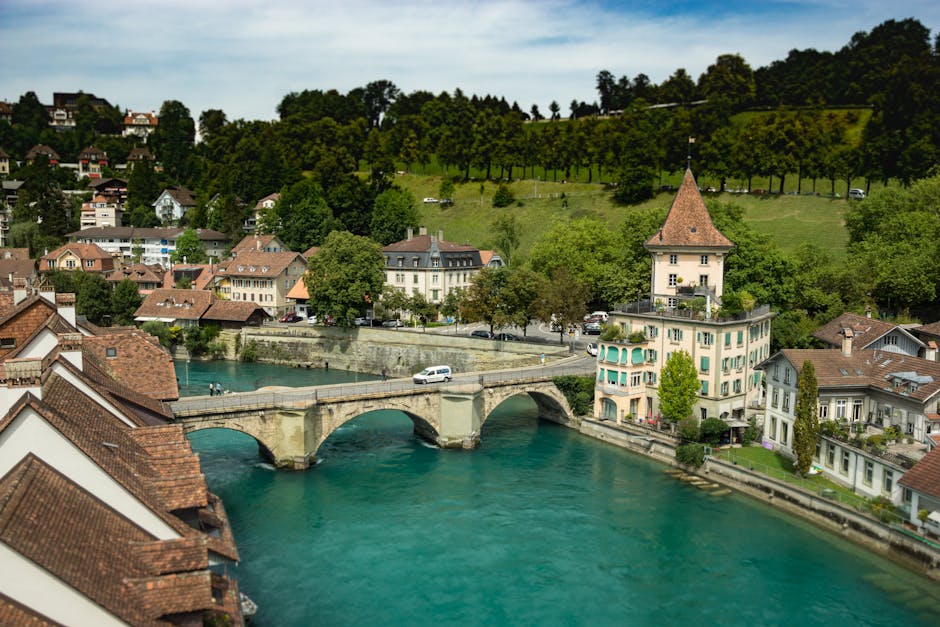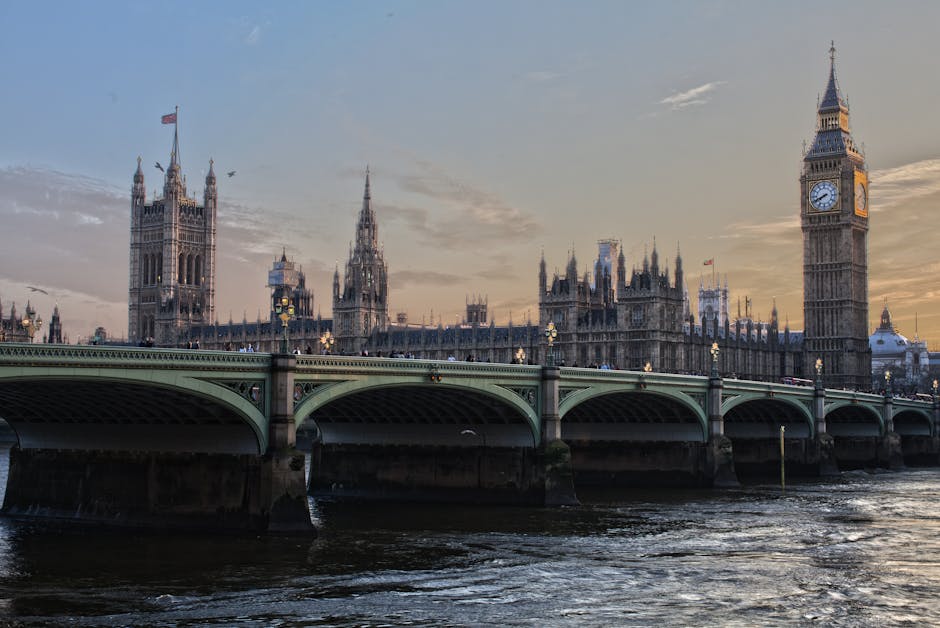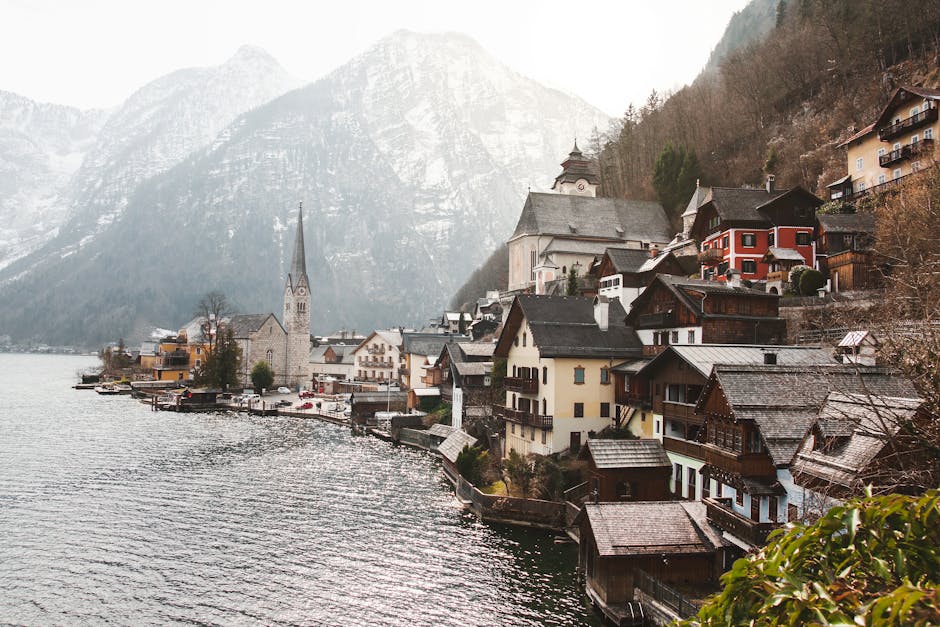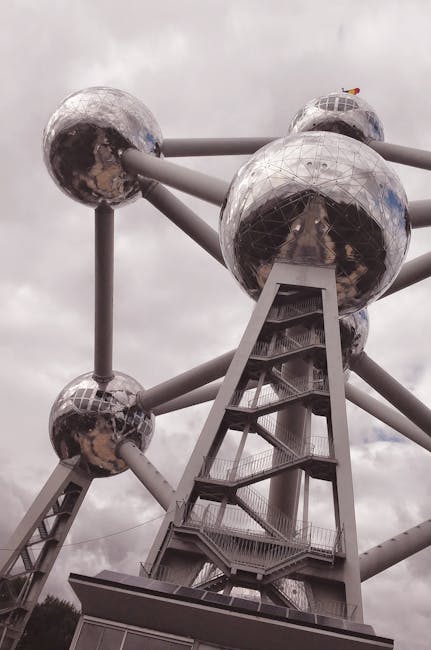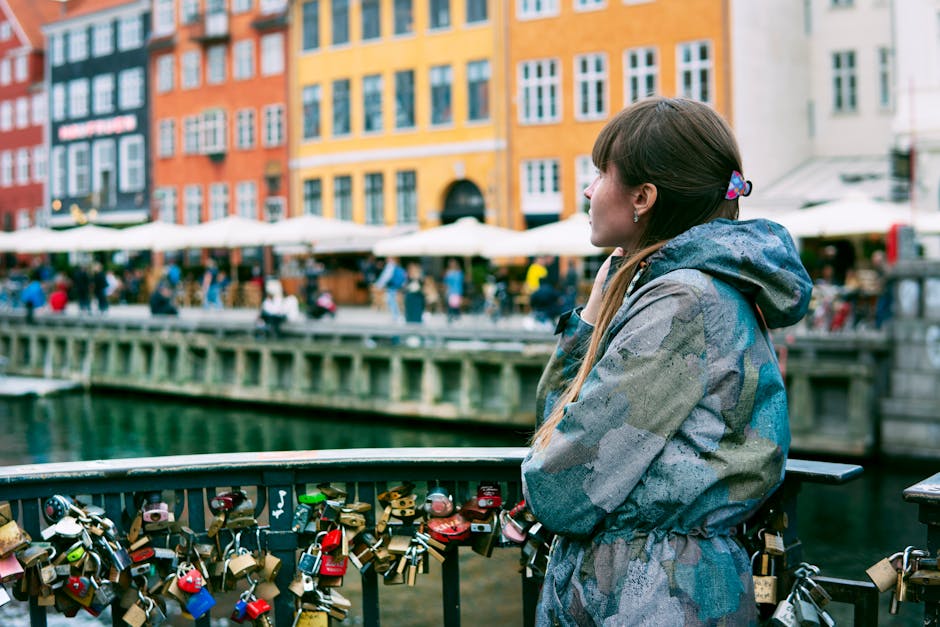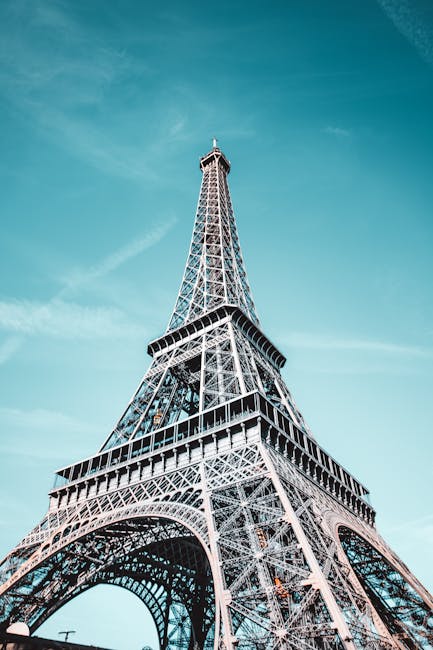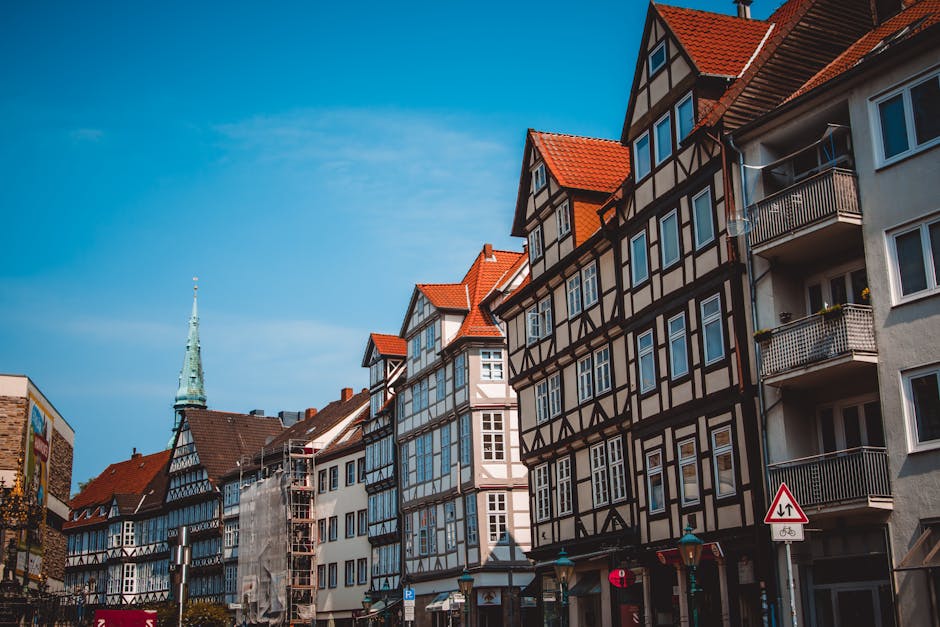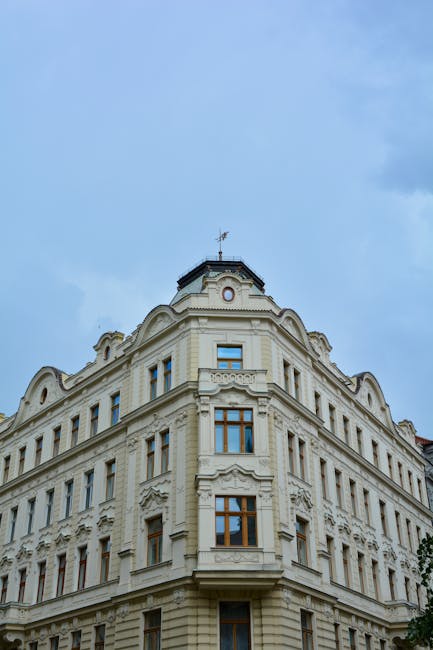Netherlands
Overview
The Netherlands, located in Northwestern Europe, is a country renowned for its flat landscape characterized by canals, tulip fields, windmills, and cycling routes. Its capital, Amsterdam, is home to the Rijksmuseum, Van Gogh Museum, and the house where Jewish diarist Anne Frank hid during WWII. The country is unique in its approach to social issues, known for being progressive and liberal. Dutch culture is rich and varied, from their love of art, particularly painting, to their national passion for football. This nation's unique blend of old and new, tradition and innovation, history and contemporary culture makes it a must-visit destination.
The high season for tourism in the Netherlands is between April and August when the weather is mostly warm, with temperatures ranging from 17°C to 20°C. During this time, the country becomes a haven for outdoor activities. The famous tulip fields are in full bloom around mid-April, and this spectacle is best enjoyed by bike, the Dutch's favorite mode of transportation. It is also the perfect time to visit the beaches and enjoy water sports. The Holland Festival, which is the country's biggest performing arts festival, is also held during this season.
Before visiting the Netherlands, travelers need to prepare a few essential things. Firstly, ensure you have a valid passport. If you're not from a Schengen area country, you may also need a visa. As the weather can be changeable, pack clothes that can be layered, including a waterproof jacket. Remember to pack comfortable shoes for walking or cycling. It's also advisable to familiarize yourself with some basic Dutch phrases, as it can enhance your interaction with locals. The Netherlands uses the Euro, so make sure you have a plan for accessing your money. Lastly, make sure to get a plug adapter for your electronics, as the country uses Type C or Type F plugs.
A Glimpse into the Past
The history of the Netherlands is a vibrant tapestry woven from centuries of cultural, economic, and political developments. This small but significant country, located in Northwestern Europe, has transformed from a patchwork of feudal territories into one of the most progressive nations in the world. Its history is marked by notable events that shaped not only the nation but also European and global dynamics.
The early history of the Netherlands can be traced back to the Roman era, when the region was inhabited by various Germanic tribes. The Romans established the province of Gallia Belgica, leaving behind remnants of their presence, including forts and roads. As the Roman Empire declined, the area fell into the hands of the Franks and later the Holy Roman Empire, leading to a period of feudalism.
The Middle Ages saw the rise of powerful regional counts and the development of trade routes. Cities like Bruges and Ghent became important trading hubs, and the region prospered. The establishment of the Hanseatic League facilitated trade across northern Europe, allowing cities in the Netherlands to flourish economically. However, the 14th century brought challenges, including the Black Death and the 80 Years' War.
The struggle for independence from Spanish rule during the 80 Years' War (1568-1648) marked a pivotal moment in Dutch history. This conflict was not merely a fight for autonomy but also a battle for religious freedom, as the predominantly Protestant northern provinces sought to break free from Catholic Spanish control. The war culminated in the recognition of the independence of the Dutch Republic in 1648 with the signing of the Treaty of Westphalia.
The 17th century, known as the Golden Age, was a period of remarkable prosperity and cultural achievement for the Netherlands. Amsterdam emerged as a major financial center, and the Dutch East India Company became a dominant force in global trade. This era produced great artists such as Rembrandt and Vermeer, whose works still captivate audiences today. The architectural beauty of cities such as Amsterdam and Utrecht reflects the wealth and sophistication of this period.
However, the Golden Age was not to last. By the late 17th century, the Netherlands faced increasing competition from emerging powers, particularly England and France. The decline of the Dutch Republic was marked by a series of military conflicts, including the Franco-Dutch War and the War of the Spanish Succession. By the end of the 18th century, the Dutch Republic had lost much of its former glory, leading to internal strife and political instability.
The late 18th century brought the French Revolution and the subsequent rise of Napoleon Bonaparte. In 1795, the Batavian Republic was established under French influence, leading to significant reforms. However, Napoleon's rule was short-lived; by 1813, the Netherlands was liberated, and the country was restored as a kingdom.
The 19th century was a time of industrialization and modernization. The creation of a constitutional monarchy in 1815 marked the beginning of a new era. The Netherlands expanded its colonial empire during this time, most notably in Indonesia, which became a major source of wealth for the nation. However, this expansion came at a cost, leading to complex issues related to colonialism that resonate today.
The early 20th century was marked by the First World War, during which the Netherlands maintained its neutrality. However, the economic consequences of the war and the subsequent Great Depression affected the nation's prosperity. The 1930s saw the rise of fascism in Europe, and the Netherlands grappled with its political identity.
The Second World War brought profound suffering to the Netherlands. The country was invaded by Nazi Germany in 1940, leading to significant loss of life and the persecution of the Jewish community. The liberation of the country in 1945, although a moment of relief, revealed the devastation of war. The post-war period was characterized by reconstruction, and the Netherlands emerged as a founding member of international organizations such as the United Nations and the European Economic Community.
The latter half of the 20th century witnessed a remarkable transformation. The Netherlands became known for its progressive social policies, including the legalization of same-sex marriage in 2001, making it the first country in the world to do so. Economic growth and social stability contributed to the country’s reputation as a model of liberal democracy.
Today, the Netherlands is celebrated for its cultural diversity, innovative spirit, and commitment to sustainability. Cities like Amsterdam, Rotterdam, and Utrecht are vibrant centers of art, history, and modern architecture. Visitors can explore the rich heritage of the Dutch Golden Age in The Rijksmuseum, take in the stunning views from the Euromast in Rotterdam, or cycle through the picturesque countryside dotted with windmills and tulip fields.
For those interested in history, sites such as the Anne Frank House provide poignant insights into the experiences of those who lived through the war, while the Open Air Museum in Arnhem showcases traditional Dutch life. The Keukenhof gardens are a seasonal delight, attracting visitors to witness the stunning display of tulips, a symbol of Dutch culture.
The Netherlands is also a leader in modern art and design, with institutions like the Stedelijk Museum in Amsterdam showcasing contemporary works. The country’s commitment to innovation is evident in its architecture, with structures like the Markthal in Rotterdam combining functionality with striking design.
As travelers explore the Netherlands, they will find that its history is not just a tale of the past but a living narrative that shapes its present. The blend of historical landmarks, artistic achievements, and progressive ideals makes the country a fascinating destination for those seeking to understand its rich heritage and vibrant culture.
From the canals of Amsterdam to the windmills of Kinderdijk, the history of the Netherlands is interwoven with the everyday life of its people, making it a remarkable place to visit and explore.
Top cities for tourists in Netherlands
Discover the Famous Cities That Might Captivate Your Interests
Must-Try Foods You Can't Afford to Miss
Indulge in a Variety of Fantastic Foods During Your Stay in Netherlands
May Be Your Next Destinations
People often choose these countries as their next destination


